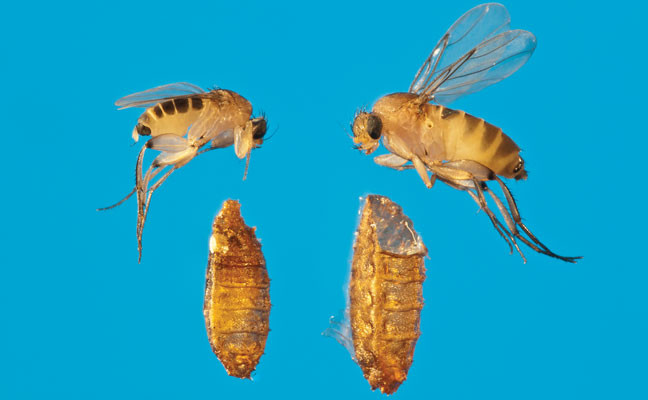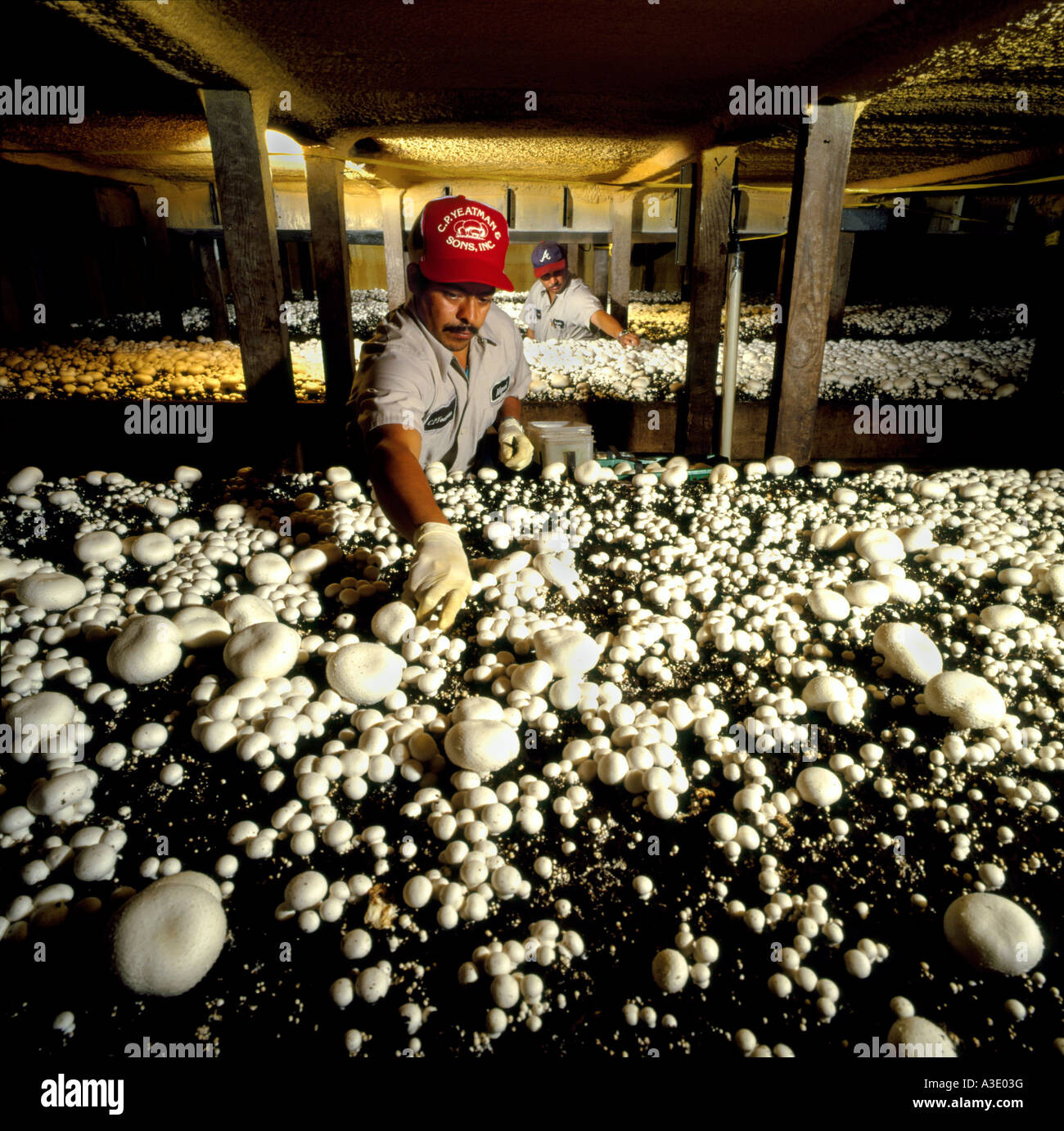Pennsylvania's Mushroom Industry Under Siege: A Devastating Phorid Fly Infestation
The Pennsylvania mushroom industry, a cornerstone of the state's agricultural economy, is grappling with an unprecedented crisis. A severe infestation of phorid flies has forced the Pennsylvania Department of Agriculture to mandate quarantines across multiple mushroom farms in Chester County, specifically targeting Kennett Square and New Garden Township. This drastic measure underscores the gravity of the situation and the potential far-reaching implications for the state's economy and agricultural landscape.
The Phorid Fly Threat: Understanding the Crisis
Phorid flies, small and seemingly insignificant insects, pose a significant threat to mushroom cultivation. Their larvae burrow into mushrooms, causing extensive damage to crops and rendering them unmarketable. The infestation is not merely a localized issue; it represents a systemic challenge to the industry's sustainability. The sheer scale of the infestation is alarming, affecting multiple farms simultaneously and threatening to cripple the region's economic output. The speed at which the flies spread across mushroom houses adds an element of urgency to the response.
Economic Impact and Concerns
The economic impact of the quarantine is substantial. Mushroom farms, often family-run businesses with generations of legacy behind them, face significant financial losses due to halted production and potential crop destruction. Beyond the immediate losses, there are concerns about the long-term viability of the industry itself. The ripple effects extend far beyond the farms; local businesses reliant on mushroom production, from processors to distributors, are also severely affected, jeopardizing employment and local economies. The state's efforts to mitigate the crisis, including the funding and implementation of quarantines, also pose a significant financial burden.
The Quarantine Measures: A Necessary Evil?
The Pennsylvania Department of Agriculture's decision to impose mandatory quarantines on affected mushroom farms is a bold and necessary step. The measure aims to contain the spread of the phorid fly and prevent further damage to the mushroom crop. The stringent measures include restricting the movement of people, materials, and equipment within and around the quarantine zones. These measures are not without their challenges. Farm workers face disruptions to their livelihoods, and the logistical complexities of enforcing the quarantine add significant pressure on state resources and regulatory bodies. However, the department emphasizes that these restrictions are vital to protecting the long-term health of the industry.
Enforcement and Monitoring
The department is actively monitoring the situation and deploying resources to manage and mitigate the crisis. Teams of inspectors are visiting farms to assess the extent of the infestation and guide growers on proper sanitation and pest control measures. The focus extends beyond immediate containment; long-term strategies are being developed to prevent future outbreaks. These strategies encompass improved pest management practices, enhanced biosecurity measures, and collaborative research efforts with agricultural scientists and universities.
A Collaborative Response: Securing the Future of Pennsylvania's Mushrooms
This crisis demands a collaborative response from all stakeholders. Mushroom growers, government agencies, researchers, and the wider community need to work together to ensure the long-term sustainability of Pennsylvania's mushroom industry. This includes increased funding for research into phorid fly control, investment in improved pest management techniques, and support for farmers facing economic hardship. Open communication and information sharing will also be crucial in minimizing disruption to the industry and maintaining consumer confidence.
The Pennsylvania mushroom industry faces a formidable challenge, but it's a challenge that can be overcome. Through collaborative action, innovative solutions, and commitment to sustainable agricultural practices, Pennsylvania's mushroom growers can work through this crisis and secure a healthy and prosperous future for generations to come. The future of the industry hinges not just on immediate containment but on fostering resilience and adaptability to mitigate the risk of future outbreaks. The long-term vision of a thriving Pennsylvania mushroom industry is achievable with a collective and concerted effort.


















